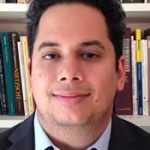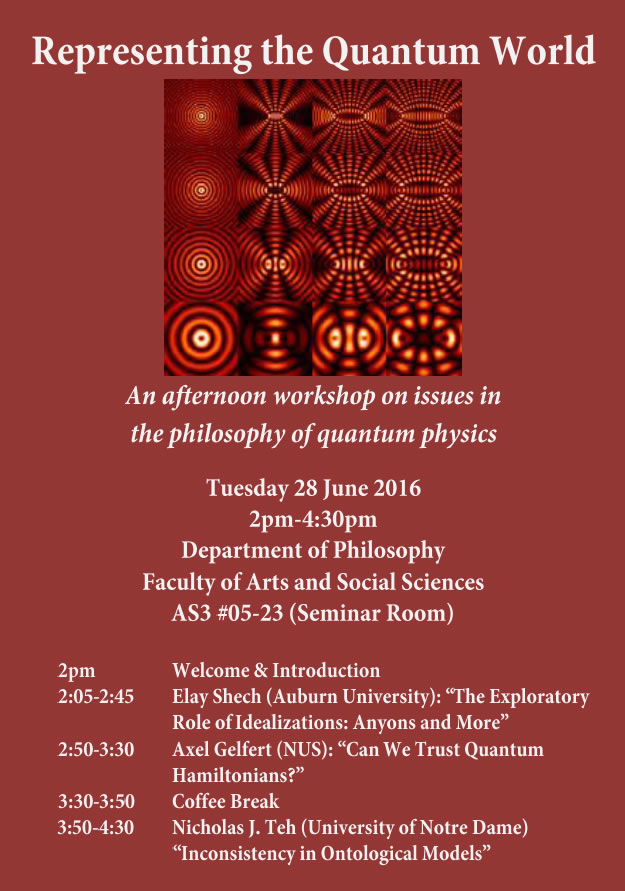In his Justice: What’s the Right Thing To Do?, Michael J. Sandel examines three approaches to justice: the utilitarian idea of justice as maximizing welfare or happiness, the freedom based idea of justice as respecting freedom and human dignity, and the Aristotelian idea of justice as recognizing, honoring, and rewarding virtues. In his view, the first two are inadequate, and he himself aims to develop a version of the third approach. Two central features of this approach can be summarized as justice as a virtue and justice according to virtues. In discussing the first feature, my main concern is the relationship between justice as a virtue of an individual person and justice as a virtue of a social institution and the Confucian contribution on this issue. In discussing the second feature, I shall develop the Confucian idea of justice of virtues as an amendment or alternative.
Philosophy Seminar Series
Date: Thursday, 27 October 2016
Time: 2pm – 4pm
Venue: AS3 #05-23
Speaker: Prof Huang Yong
Moderator: Dr Qu Hsueh Ming
About the Speaker:
Yong Huang, Ph.D. (Fudan) and Th.D. (Harvard), is a professor of philosophy at The Chinese University of Hong Kong. He is the editor of Dao: A Journal of Comparative Philosophy and Dao Companions to Chinese Philosophy (a book series), both by Springer. His research interests include ethics, political philosophy, and Chinese and comparative philosophy. Author of Religious Goodness and Political Rightness: Beyond the Liberal and Communitarian Debate (2001), Confucius: A Guide for the Perplexed (2012), and Why Be Moral: Learning from the Neo-Confucian Cheng Brothers (2014), as well as three volumes of essays in Chinese, Ethics in a Global Age, Politics in a Global Age, and Religion in a Global Age (all in 2010), Huang has also published about 70 journal articles and book chapters each in English and Chinese.







